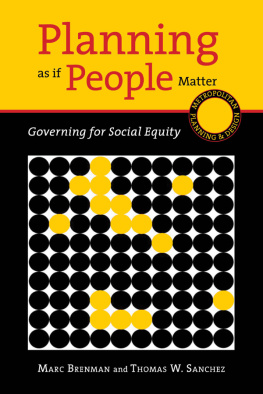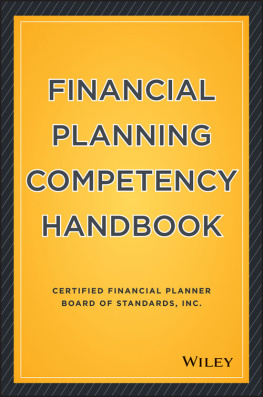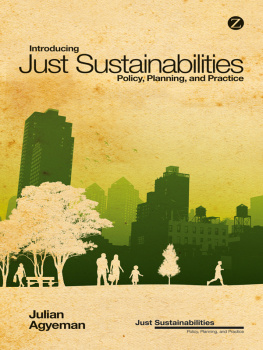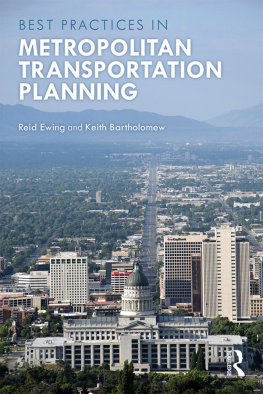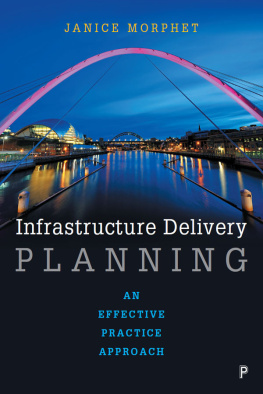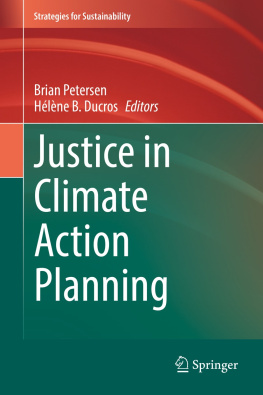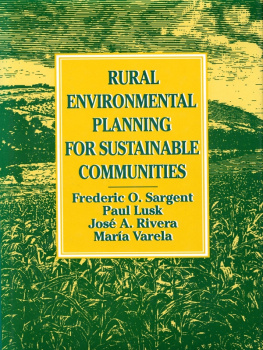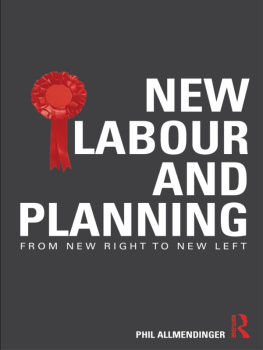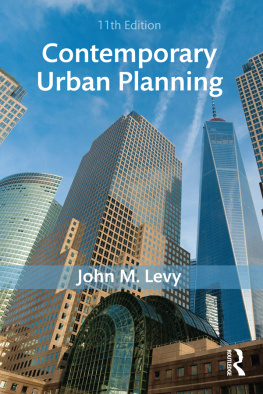About Island Press
Since 1984, the nonprofit Island Press has been stimulating, shaping, and communicating the ideas that are essential for solving environmental problems worldwide. With more than 800 titles in print and some 40 new releases each year, we are the nations leading publisher on environmental issues. We identify innovative thinkers and emerging trends in the environmental field. We work with world-renowned experts and authors to develop cross-disciplinary solutions to environmental challenges.
Island Press designs and implements coordinated book publication campaigns in order to communicate our critical messages in print, in person, and online using the latest technologies, programs, and the media. Our goal: to reach targeted audiencesscientists, policymakers, environmental advocates, the media, and concerned citizenswho can and will take action to protect the plants and animals that enrich our world, the ecosystems we need to survive, the water we drink, and the air we breathe.
Island Press gratefully acknowledges the support of its work by the Agua Fund, Inc., The Margaret A. Cargill Foundation, Betsy and Jesse Fink Foundation, The William and Flora Hewlett Lattner Foundation, The Andrew W. Mellon Foundation, The Curtis and Edith Munson Foundation, The Overbook Foundation, The David and Lucile Packard Foundation, The Summit Foundation, Trust for Architectural Easements, The Winslow Foundation, and other generous donors.
The opinions expressed in this book are those of the author(s) and do note necessarily reflect the views of our donors.
PLANNING AS IF PEOPLE MATTER
MARC BRENMAN and THOMAS W. SANCHEZ
Metropolitan Planning + Design
Series editors: Arthur C. Nelson and Reid Ewing
A collaboration between Island Press and the University of Utahs Department of City & Metropolitan Planning, this series provides a set of tools for students and professionals working to make our cities and metropolitan areas more sustainable, livable, prosperous, resilient, and equitable. As the worlds population grows to nine billion by mid-century, the population of the US will rise to one-half billion. Along the way, the physical landscape will be transformed. Indeed, two-thirds of the built environment in the US at mid-century will be constructed between now and then, presenting a monumental opportunity to reshape the places we live. The Metropolitan Planning + Design series presents an integrated approach to addressing this challenge, involving the fields of planning, architecture, landscape architecture, urban design, public policy, environmental studies, geography, and civil and environmental engineering. The series draws from the expertise of some of the worlds leading scholars in the field of metropolitan planning and design. Please see Islandpress.org/Utah/ for more information.
Other books in the series:
The TDR Handbook, Arthur C. Nelson, Rick Pruetz, and Doug Woodruff (2011)
Stewardship of the Built Environment, Robert Young (2012)
Forthcoming:
Reshaping Metropolitan America, Arthur C. Nelson
Good Urbanism, Nan Ellin
MARC BRENMAN and THOMAS W. SANCHEZ
PLANNING AS IF PEOPLE MATTER
Governing for Social Equity

2012 Marc Brenman and Thomas W. Sanchez
All rights reserved under International and Pan-American Copyright Conventions. No part of this book may be reproduced in any form or by any means without permission in writing from the publisher: Island Press, Suite 300, 1718 Connecticut Ave., NW, Washington, DC 20009
ISLAND PRESS is a trademark of the Center for Resource Economics.
Library of Congress Cataloging-in-Publication Data
Brenman, Marc.
Planning as if people matter : governing for social equity / Marc Brenman and Thomas W. Sanchez.
p. cm.
Includes bibliographical references and index.
ISBN 978-1-61091-233-4 (ebook)
ISBN 978-1-61091-011-8 (cloth : alk. paper) ISBN 1-61091-011-7 (cloth : alk. paper) ISBN 978-1-61091-012-5 (pbk. : alk. paper) ISBN 1-61091-012-5 (pbk. : alk. paper) 1. Political planningUnited States. 2. Social planningUnited States. 3. EqualityGovernment policyUnited States. 4. Social justiceGovernment policyUnited States. I. Sanchez, Thomas W. II. Title.
JK468.P64B736 2012
320.60973dc23
2011051594
Printed using Berkeley Oldstyle
Typesetting by Blue Heron Typesetting
Printed on recycled, acid-free paper 
Manufactured in the United States of America
10 9 8 7 6 5 4 3 2 1
Keywords: American Community Survey, citizen participation, civil justice, code of ethics, corporate diversity, diversity, e-democracy, e-government, environmental justice, housing, human rights, information and Communication Technology (ICT), land use planning, Leadership in Energy and Environmental Design (LEED), Metropolitan Planning Organization (MPO), participatory planning, poverty, public health, public interest design and planning, resilience, segregation, social alliances, social capital, social equity, social responsibility, unemployment, U.S. Census
Marc Brenman dedicates this book to his wife of twenty-eight years, Barbara Bither.
Tom Sanchez dedicates this book to his parents, Ralph and Patricia Sanchez, who have been a constant source of love and support, and also to Nora and Erin, his pride and joy.
PREFACE
As this book goes to print, the public participation and policy world continues to change around us. Few were prepared for the obstructionism of the Tea Party and others who want to destroy the social safety net; the Arab Spring, which has toppled some established dictatorships in the Middle East and is struggling to create local forms of governance; or the Occupy Wall Street movement, which may be a flash in the pan or a precursor to broader change like the early antiVietnam War demonstrations.
We are pulled in many different directions: global climate change has social equity implications; the rise of the Peoples Republic of China is knocking the United States off its pedestal and calling into question the City on a Hill paradigm that has dominated the history of the Global North since World War II; economic constraints and decline in the United States cause us to question what we can pay for without asking what needs doing; the first African-American president buoyed our spirits and has dashed our hopes; US politics and infrastructure appear to be in a shambles.
Planners and other public administrators are beset with ethical problems in a declining job market. Will new graduates ever be able to get work? Will established workers be able to keep their jobs? Who dares to tell the truth about what they see? Who dares to probe for the truth without presuppositions?
In a period when information both yearns to be free and is worth what we pay for it, who can be trusted? What is the veracity of anything on an Internet fueled by advertising, pornography, and gambling, and spied on in the name of data mining and national security? Computing technologies make analysis of data quicker, but quality of life declines, unless measured in the availability of large flat-screen televisions and smart telephones. Is that our fate, like in some science fiction movie, where everything is image and there is no privacy?
In this book, we have tried to provide some perspectives that we hope have value beyond passing fancies, and that are rooted in the human experience. The richest among us can fend for themselves. They always have. Those with the least deserve our attention. We recommend that planners and public administrators critically examine the process of governance, and this book is our effort to highlight some of the pressing issues.
Next page
